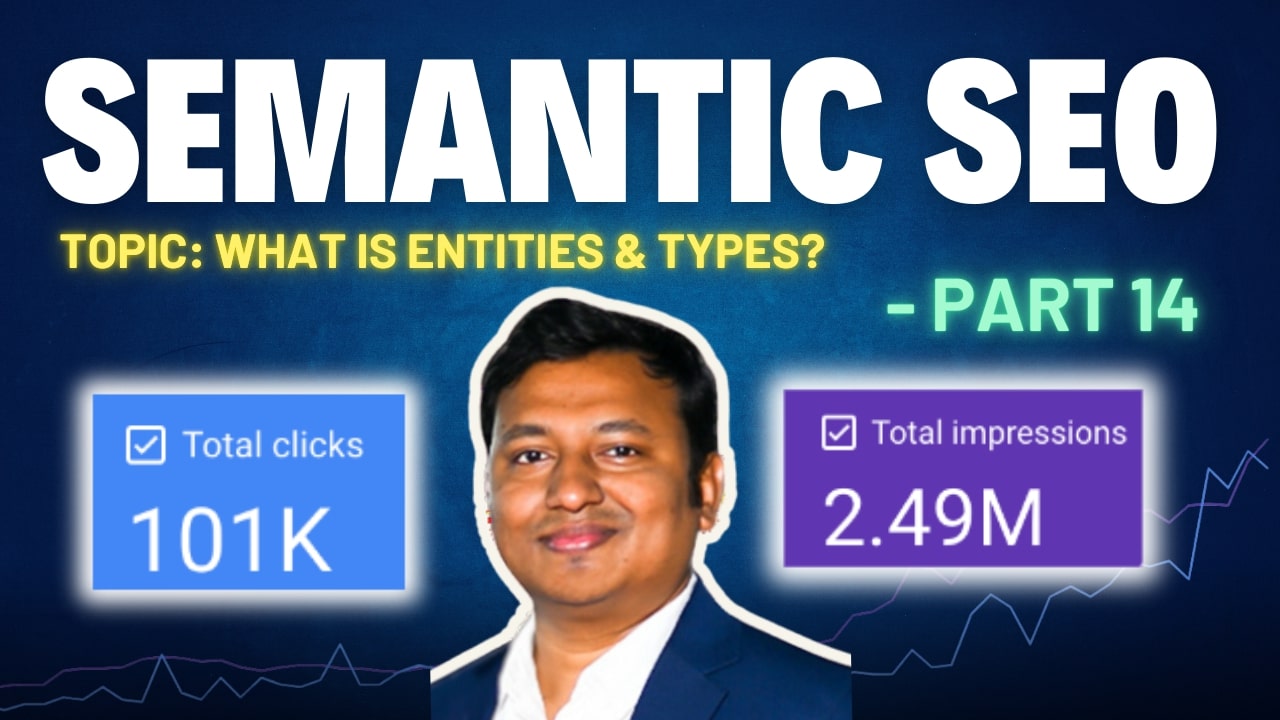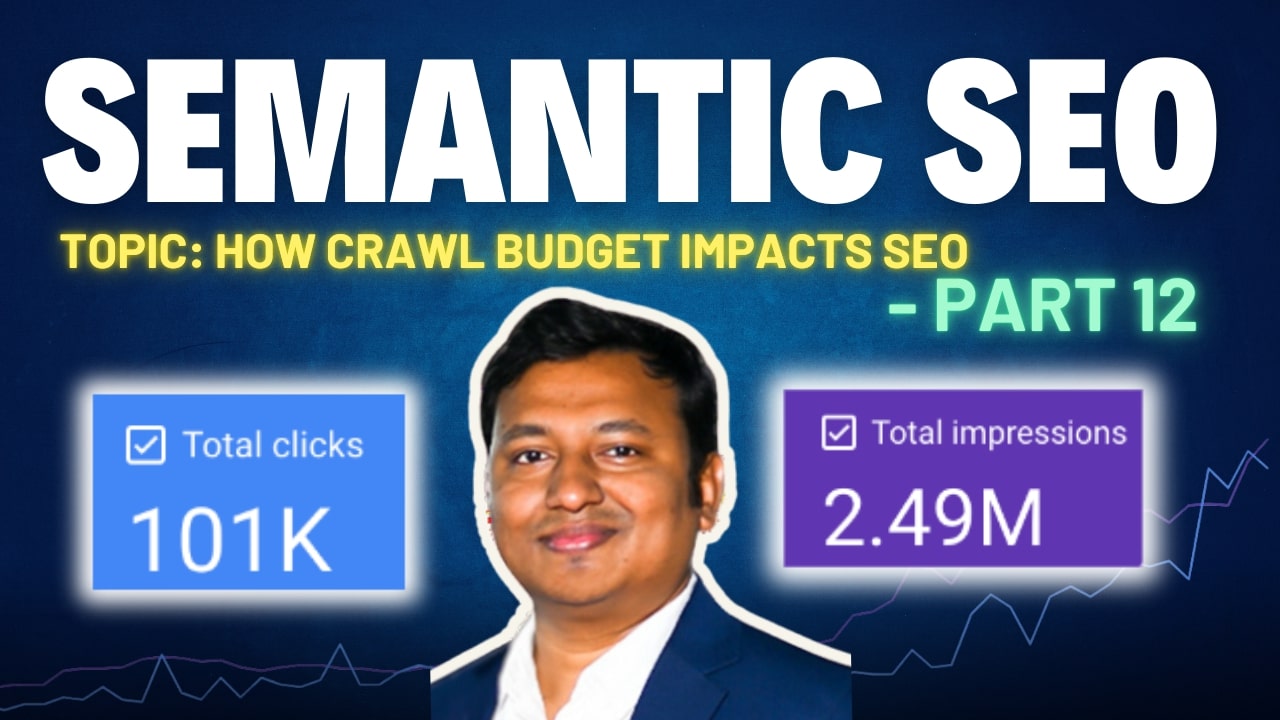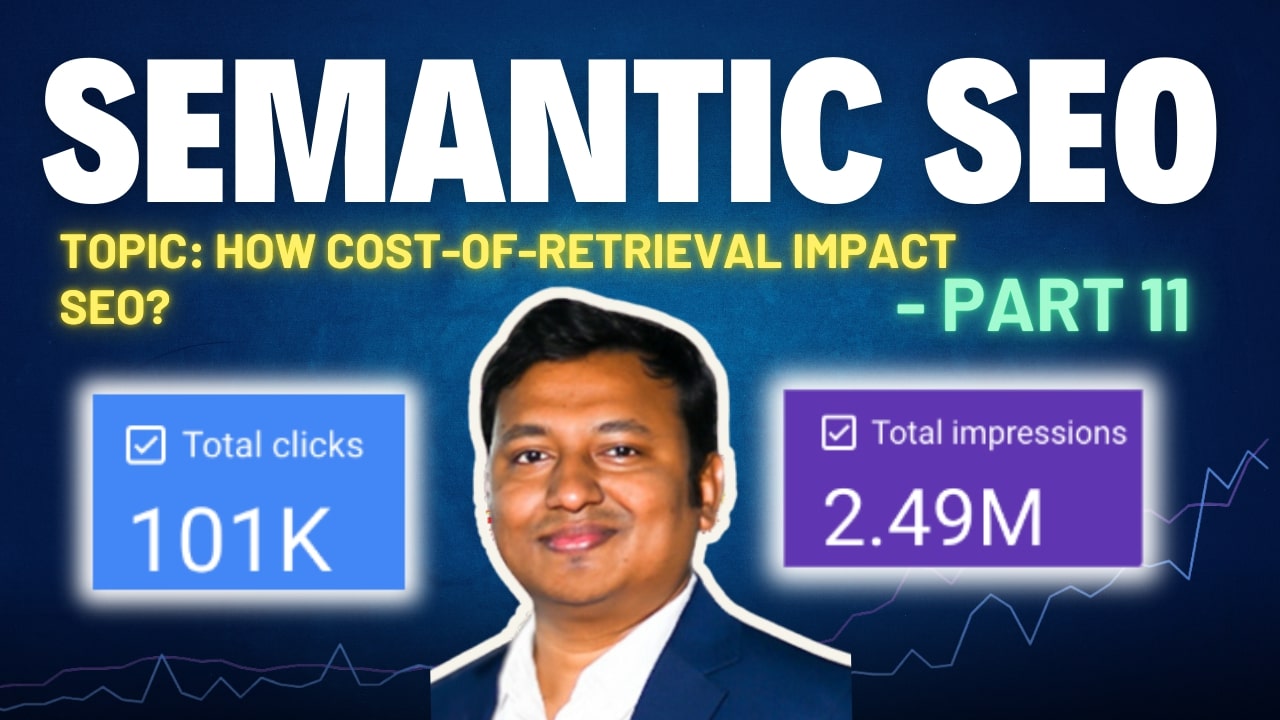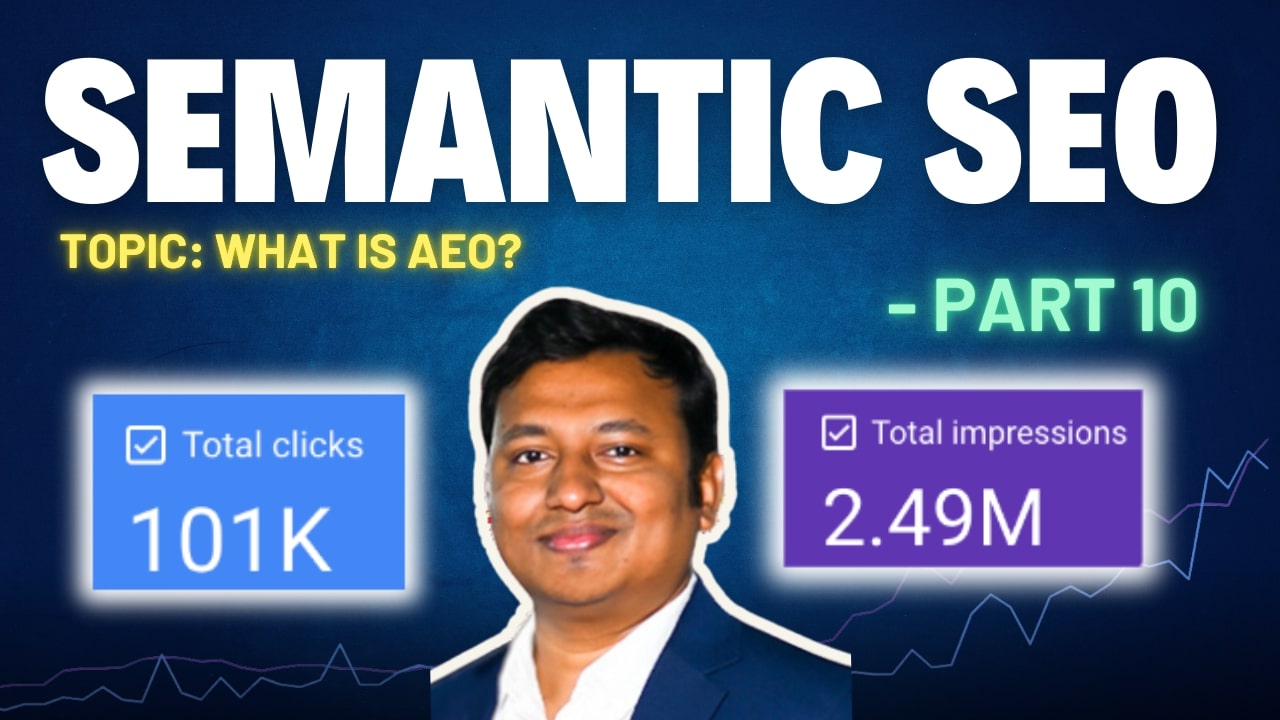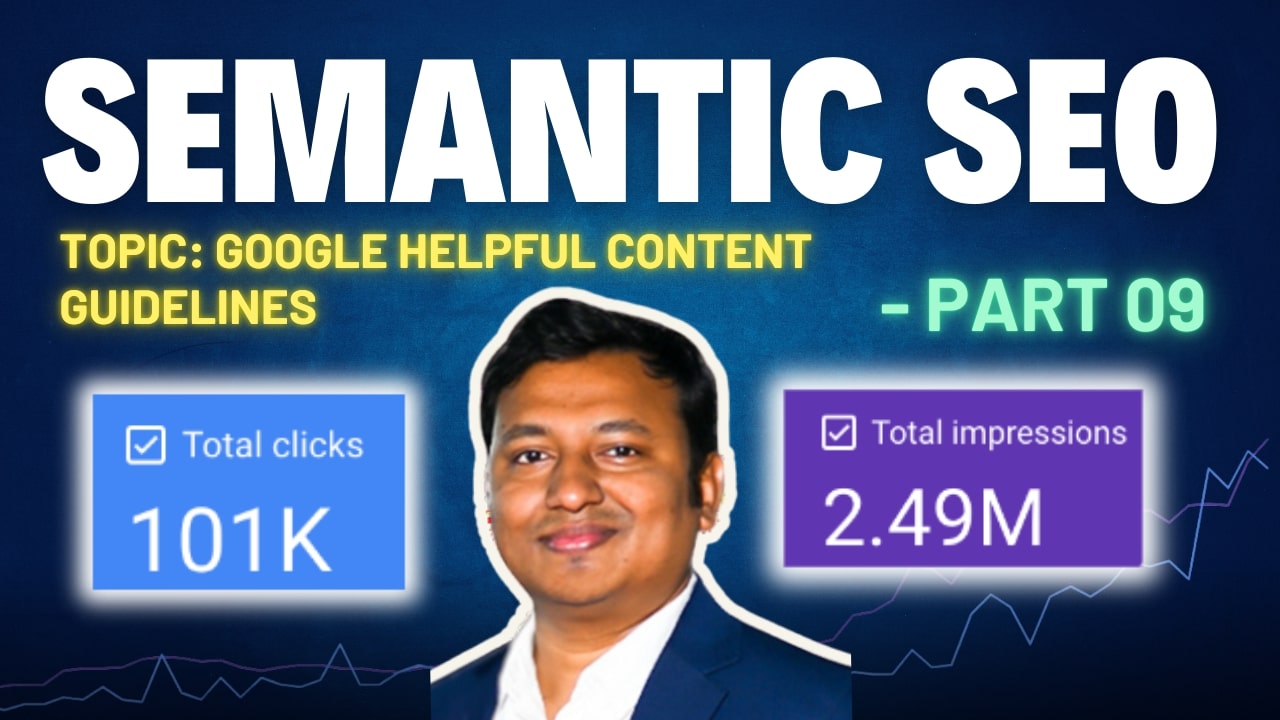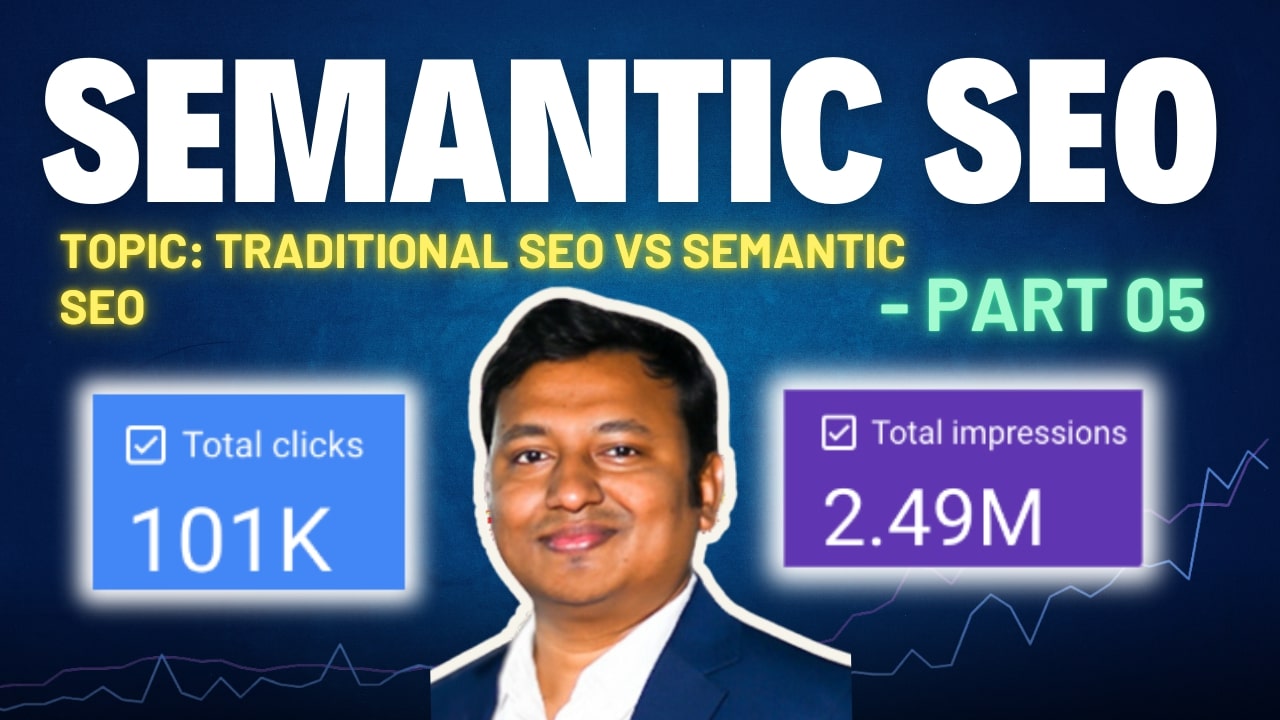What is Entity and Types? How They Power Semantic SEO
In the context of Semantic SEO, entities are the building blocks of machine understanding. An entity is a uniquely identifiable thing or concept—something that exists and can be distinguished from others. Unlike keywords, which are mere strings, entities are things. Search engines no longer match just words—they match meanings. This is the foundation of: If … Read more
